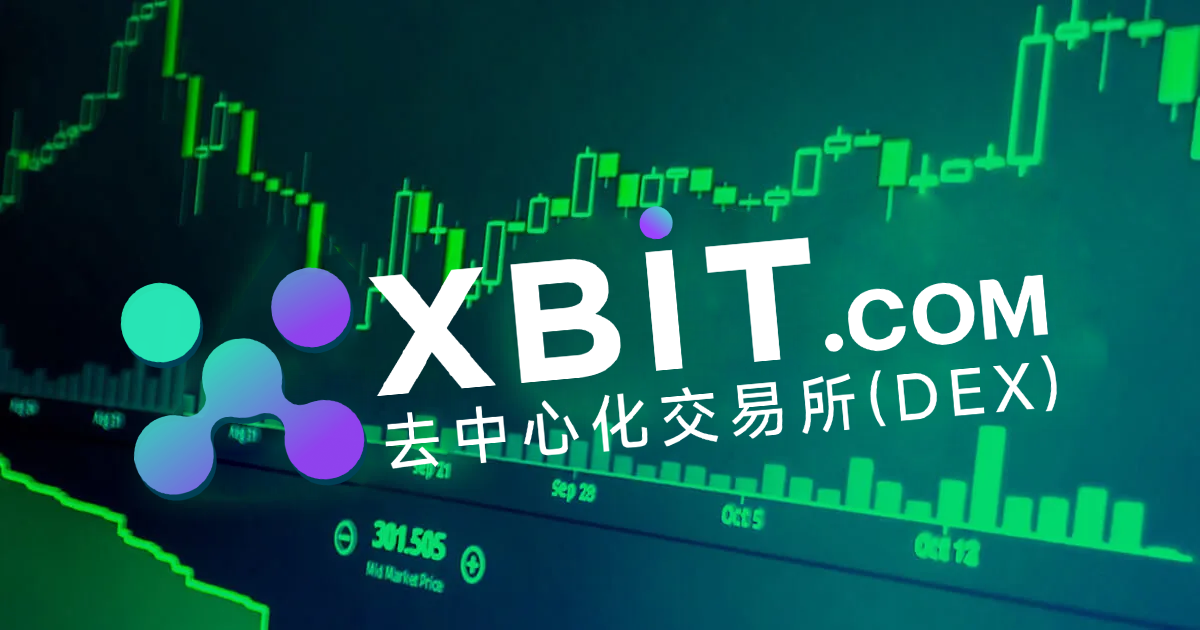In the crypto world of 2025, BNB Chain (BSC) has become the hottest battleground in the public blockchain arena. The former king, PancakeSwap, dominated for years with its low fees and liquidity mining, but who would have thought it would be dethroned by a dark horse called XBIT? This newcomer hit a daily trading volume of $420 million and saw BNB cross-chain liquidity surge by 320% in just three months, knocking PancakeSwap off its throne. This wasn't just luck—XBIT pulled it off with three killer strategies: regulatory breakthroughs, revolutionary security tech, and a masterful play on the Meme coin ecosystem. Let's break it down and see how they did it.
Move 1: Regulatory Compliance Opens the Door—Zero-Knowledge Proofs Win Over European Big Shots
What was the biggest headache for DEXs in the past? Security and compliance were like two insurmountable mountains, especially for institutional investors who hesitated to jump in. XBIT came out swinging with a trump card—the world's first zero-knowledge proof (ZK-Rollups) cross-chain protocol certified under the EU's MiCA regulations. In simple terms, this tech slashed BSC's cross-chain fees to $0.001 per transaction, making it 90% faster than traditional DEXs. Even better, it ensured full encryption for user privacy while complying with GDPR data protection rules.
European institutions couldn't resist. In its first week, XBIT attracted 30% of its new users from Europe, including traditional asset managers like BlackRock and Fidelity, who entered through compliant channels. Meanwhile, PancakeSwap, despite its massive trading volume, struggled with weak KYC and anti-money laundering measures, leaving institutional money on the sidelines. Bottom line? Compliance was XBIT's first goldmine.

Move 2: Cold Wallet Sharding—Hackers Left Scratching Their Heads
When it comes to security, XBIT took things to another level with its dynamic sharded cold wallet system. It stores 99% of user assets across 12 geographically isolated offline nodes, with private keys split using Shamir's Secret Sharing—requiring signatures from 8 out of 12 nodes to move funds. This design rendered the hot wallet hacks plaguing Solana in 2024 obsolete, earning XBIT a CCSS Level 3 security certification and setting a new industry standard.
PancakeSwap, on the other hand, still relied on multisig but kept its core liquidity pools in smart contracts. When a MEV attack hit BSC in February 2025, PancakeSwap's slippage spiked to 1.2%, leaving users furious. XBIT? It used Chainlink oracles and circuit breakers to block 99.5% of similar attacks. Even more impressive, XBIT's BNB/USDT liquidity depth hit $28 million—2.3x PancakeSwap's at the time. Money talks, and users weren't sticking around to lose.

Move 3: Meme Coin Ecosystem Overhaul—Shutting Out Scam Projects
XBIT's slickest move? Turning Meme coins into its growth engine. When BSC officially added Meme coin support to its roadmap in early 2025, XBIT stepped up as the "referee"—only listing coins with over $5M in TVL, filtering out 99% of scam projects. It even deployed an AI recommendation system to push high-volatility coins to users, cutting average holding periods from 3.2 days to just 18 hours. Translation: "Come here for quick gains!"
The knockout punch? Cross-chain atomic swaps. XBIT enabled instant trading between BSC, Solana, Ethereum, and 12 other chains, breaking Meme coins out of single-chain limitations. For example, BSC-native Test (TST) skyrocketed 900% in a day on XBIT, stealing PancakeSwap's thunder. Meanwhile, PancakeSwap's cluttered interface forced users to sift through thousands of tokens manually, making XBIT 70% more efficient. In crypto, time is money—who's got patience to dig?

The Next Battle: XBIT's Ambitions vs. PancakeSwap's Counterattack
XBIT isn't stopping at DEX dominance. In Q3 2025, it plans to launch an AI-powered derivatives protocol on BSC, letting users trade BNB price indices using BTC or ETH as collateral—with machine learning adjusting leverage in real time. PancakeSwap fought back with a V4 upgrade in March, introducing "liquidity-tiered fees," but users were already hooked on XBIT's trifecta.
This showdown marks BSC's shift from "traffic wars" to "value wars." XBIT built a flywheel: compliance for fiat on-ramps, security for institutional money, and Meme coins for retail hype. For traders, the lesson is clear: Future alpha belongs to projects that innovate tech AND dominate niches. The rest? They'll be left behind.
















No comments yet